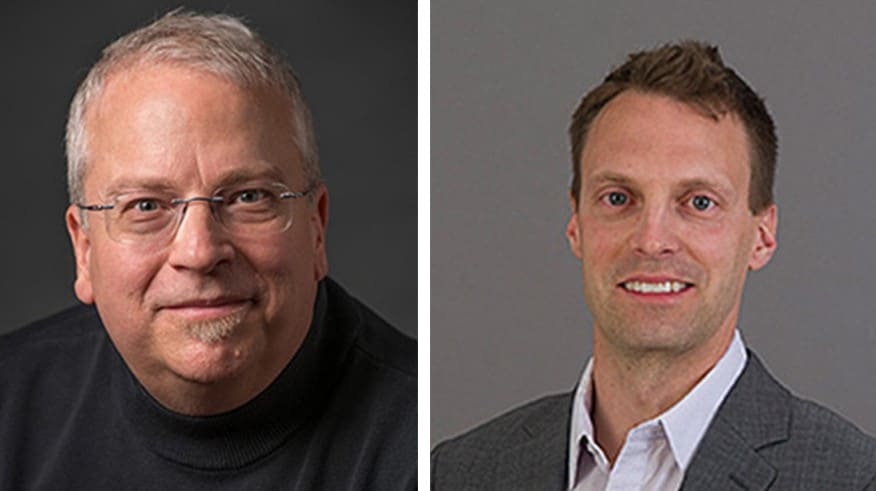On November 21, 2018, DePaul’s Department of Writing, Rhetoric, & Discourse signed a formal agreement with the College of DuPage (COD) that creates a curriculum pathway relationship between the English department at COD and the Major in WRD. Sometimes known as a “2 + 2 program,” such a pathway formalizes a set of courses at a community college that goes beyond preparing students for a major and allows them to start earning it. The agreement articulates COD English courses with specific WRD major courses, ensuring that COD students can complete the WRD major at DePaul with maximum efficiency.
Pathway to DePaul
Students who complete the specified Pathway courses at COD will arrive at DePaul having already earned nearly half of the WRD major. COD Pathway students will complete the WRD major core and the major capstone—in addition to required Liberal Studies courses—and graduate from DePaul with no more than the number of credits required.
“This is a major collaborative accomplishment between two excellent departments,” said Prof. Peter Vandenberg, Chair of WRD. “The writing studies faculty at COD is building a set of courses in writing and rhetoric that would be the envy of many four-year institutions. We’re delighted to help these transfer students build on the fine education they receive at COD.”
Partnership to Success
Prof. Steven Accardi, Composition Committee Chair and Professional Writing Committee Chair at COD, spearheaded the agreement between the two schools.
“We are so excited to partner with the WRD department, one of the most impressive independent writing units in the nation,” Accardi said. “Last year we launched our new Professional Writing Program, but now, with this partnership, we are able to expand into a robust Writing Studies Program, a pathway COD students have never been able to explore.”
Prof. Steven Accardi
The program plan agreement is among the first of its kind linking community college and postsecondary programs in preparing students for the broad range of careers in which writing—in relation to other modes of communication, such as image and sound—are paramount.
Next Steps
In October, Professors Accardi and Vandenberg shared the experience of designing the Pathway with attendees at the Association for Rhetoric and Writing Studies convention in Austin, TX.
The Pathway is effective immediately, and the curricular connections will be augmented by a collaborative advising initiative and faculty and student visits between the two institutions.
